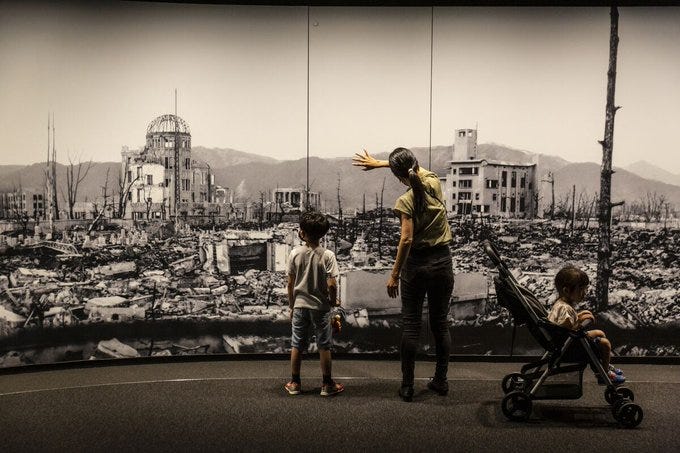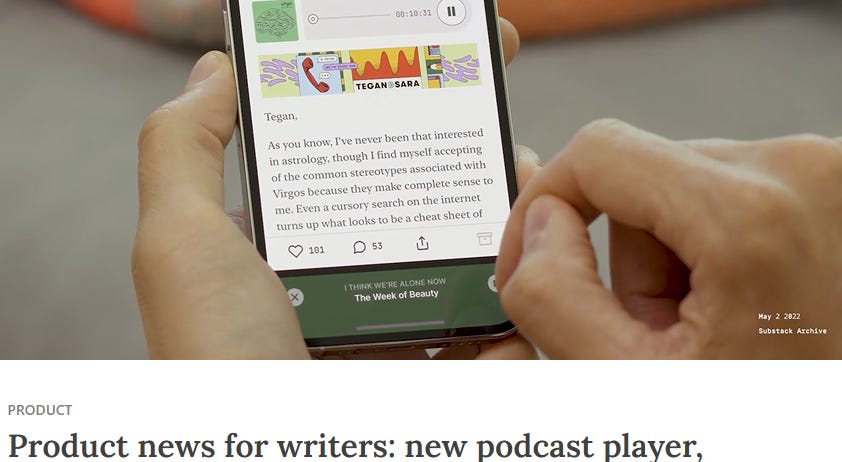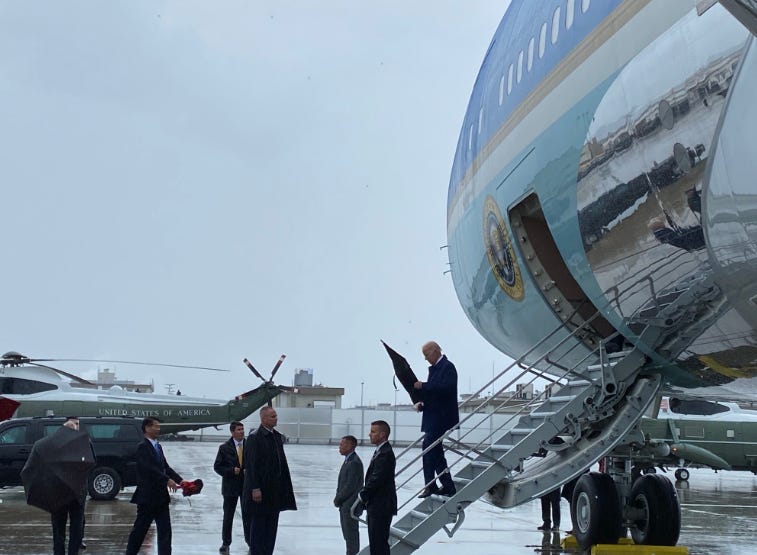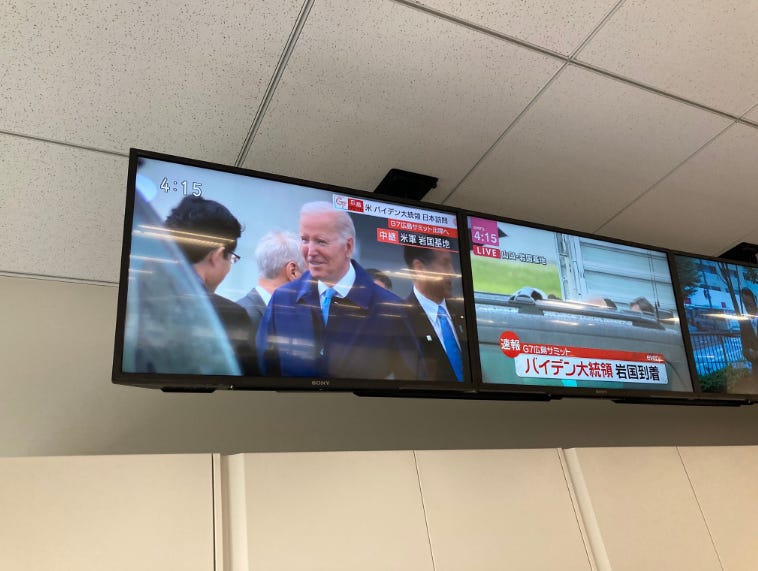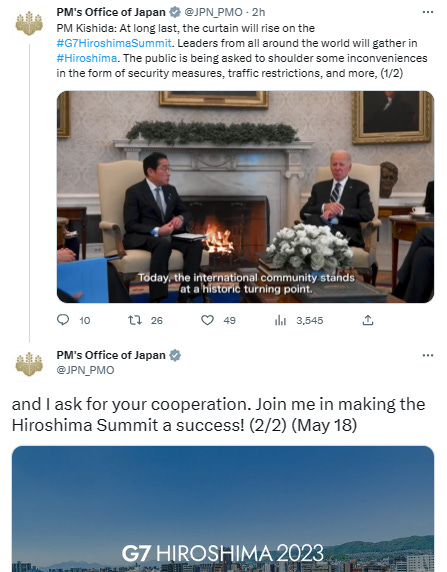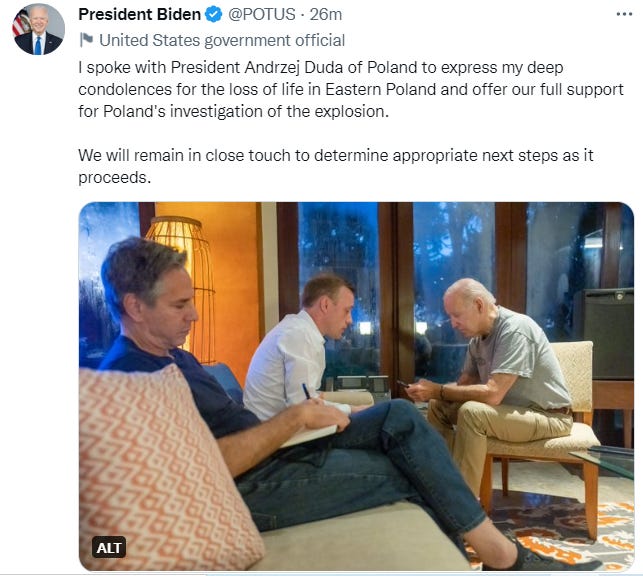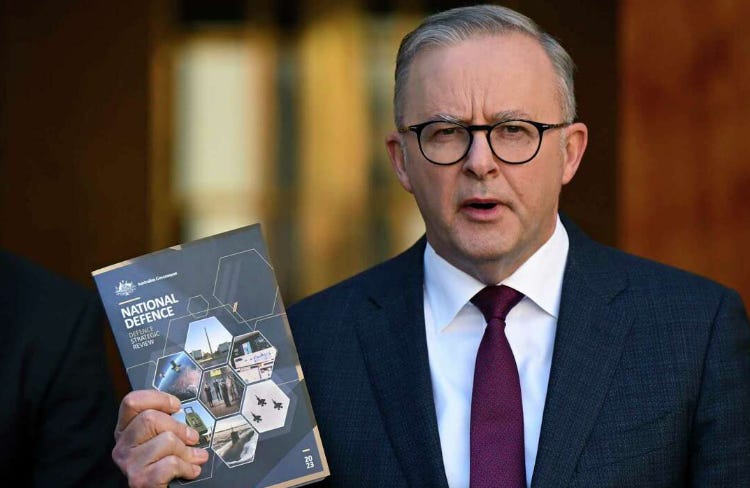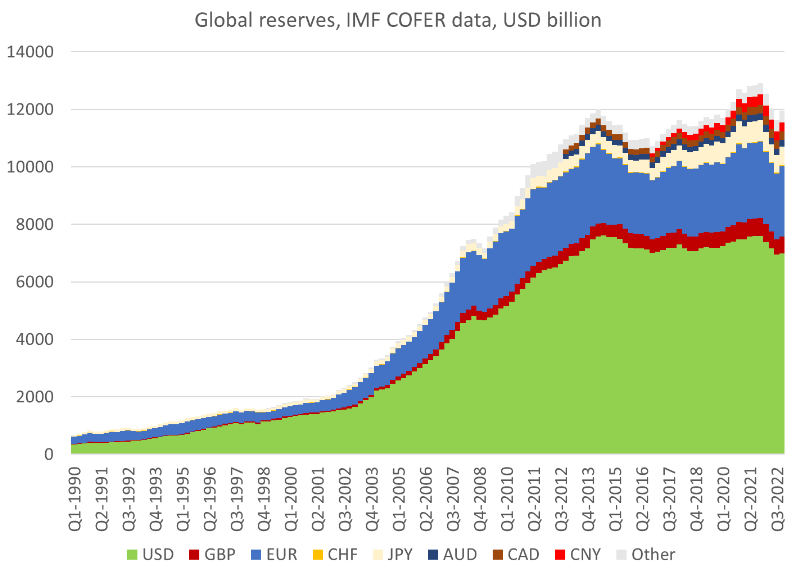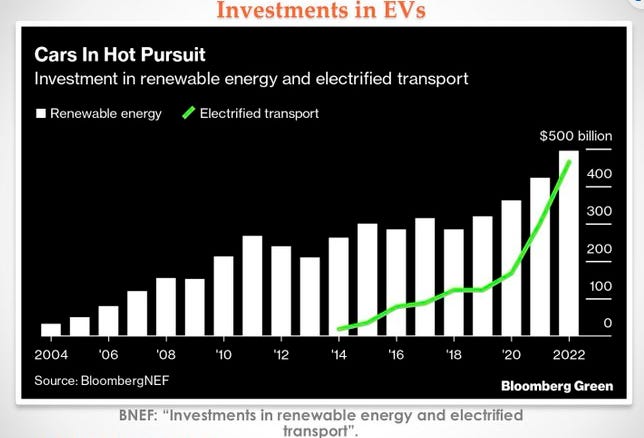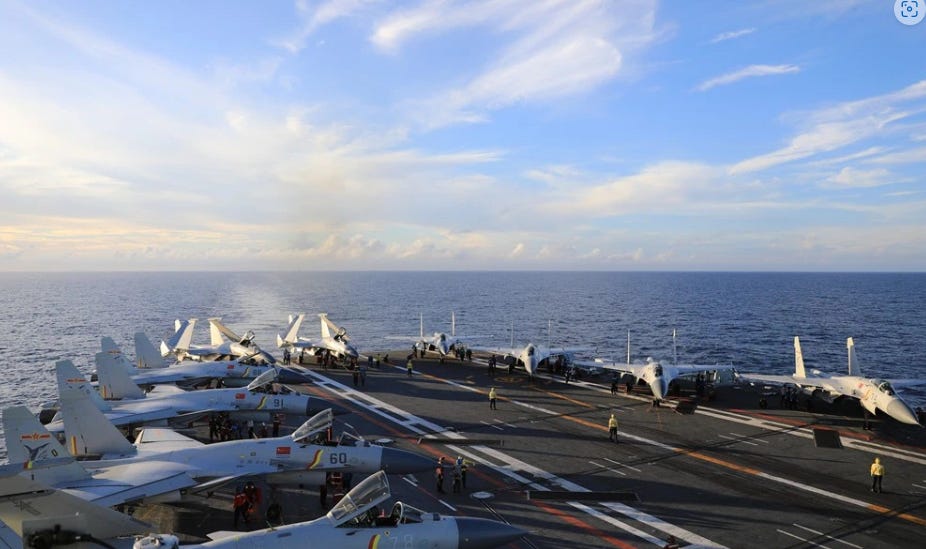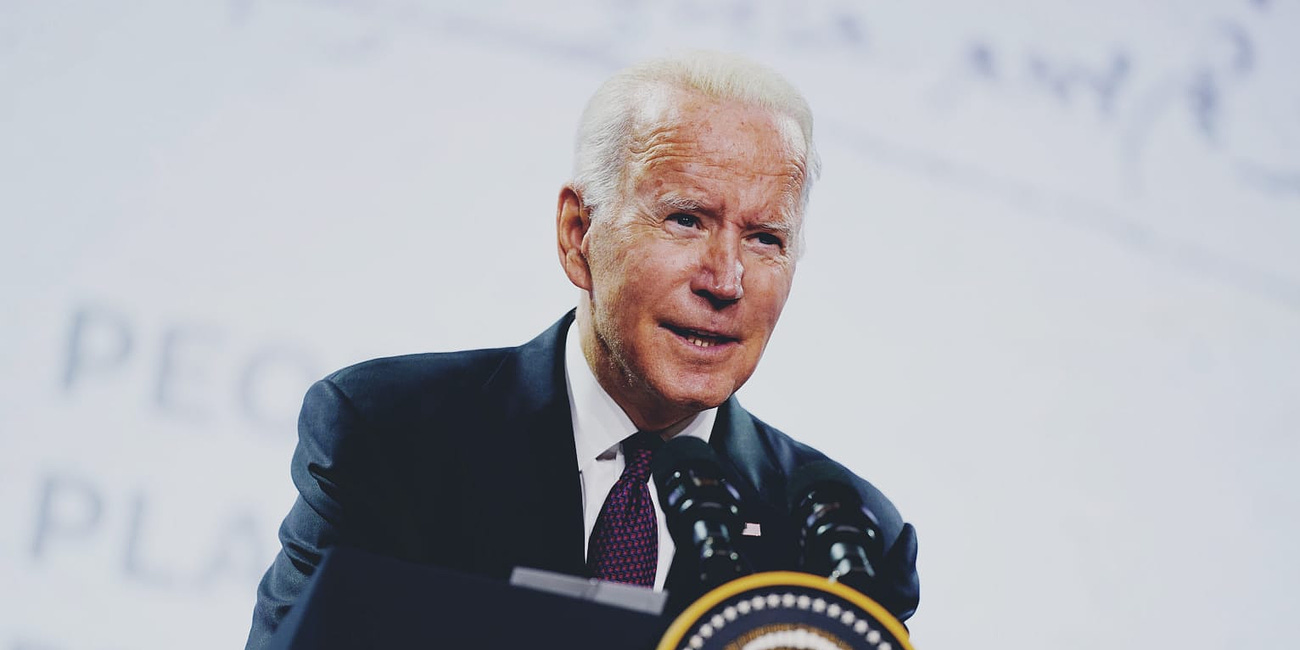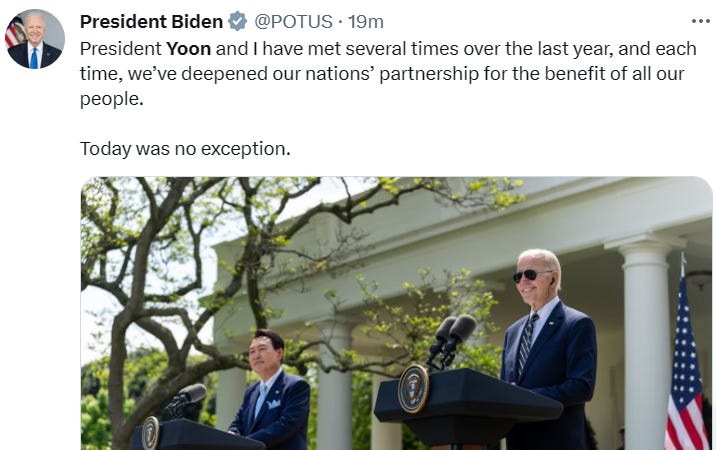At least 2 leaders in the G7 Summit, at least since the 48th G7 Summit last year in Germany (and this year, 49th G7 in Hiroshima) actually have a trauma about nuclear weapons: Kishida Fumio and Olaf Scholz.
Years ago, 4-year-old Eiji Kishida was killed in the atomic bombing of Hiroshima. Among his relatives alive today are actor George Takei and Japan's Fumio Kishida, who is set to meet G-7 leaders to push for progress on nuclear disarmament. Kishida decided that this year’s summit of leaders of the Group of Seven industrialized nations would take place in his family’s hometown (although Kishida himself was born in Shibuya Tokyo), to push for progress on nuclear disarmament.
Biden was 2 when the U.S. dropped an atomic bomb on Hiroshima. When he lands in Japan he will meet with a relative of a 4-year-old boy who died that day - who also happens to be his host PM Kishida. Nearly 78 years ago, around a Hiroshima bridge not far from where President Biden is scheduled to meet world leaders this week, a 4-year-old boy named Eiji Kishida was walking with his mother. The U.S. atomic bomb dropped by the Enola Gay exploded above them, less than a mile away. Si vis pacem, para bellum: Japanese Prime Minister Kishida is a lifelong advocate for eliminating nuclear weapons. But the goal seems distant as G-7 leaders meet in Hiroshima, where he's moving the nation even closer to the world’s largest nuclear power.
(Promoting to more engage in Substack) Seamless to listen to your favorite podcasts on Substack. You can buy a better headset to listen to a podcast here (GST DE352306207). Listeners on Apple Podcasts, Spotify, Overcast, or Pocket Casts simultaneously. podcasting can transform more of a conversation. Invite listeners to weigh in on episodes directly with you and with each other through discussion threads. At Substack, the process is to build with writers. Podcasts are an amazing feature of the Substack. I wish it had a feature to read the words we have written down without us having to do the speaking.
Today, Biden is facing “average” rating, “not lowest” (like June 2021) or “highest”, meanwhile Kishida currently gets high rating approval (50.7) — although not highest (69%, in May 2022). Kishida navigates a path out of the danger zone, with his support rate recovering to more than 50% (50.7%) in an FNN poll. That's the first time since Abe's death and all the subsequent Unification Church kerfuffle. Always nice to see the temperature coming down a bit, but this was Bali (G20 Summit, November 2022, Indonesia’s Jokowi as Chairmanship G20) exactly six months ago, and came to basically nothing. Biden's decision to cancel his trip to Australia (*Biden shortened his visit to Japan-Australia due to the critical situation about debt ceiling talks at home)- where he was due to meet key regional allies - being seen here as a blow to US prestige and a win for China.
(Biden landed in Iwakuni Military Base, around 27 miles from Hiroshima , 9 am local time or 11 pm DC, May 18th, 2023)
Biden if this truly is the beginning of a shift. "Biden’s opening to China has been motivated by one simple idea: The US doesn’t want to start a new Cold War. Biden took too long to implement this insight. But he seems to have found his voice" “The US wants to remain the leader of the free world but domestic divisions mean it now regularly struggles to keep its government from shutting down and defaulting on its debts.” Kevin McCarthy and his GOP vandals score one for China.
Australian Prime Minister Anthony Albanese said on Wednesday a y QUAD summit would not go ahead in Sydney next week without U.S. President Joe Biden, who postponed his trip due to debt ceiling negotiations in Washington. The president’s cancellation - driven by the default threat - has deep national security implications which undermine both Democrats’ and Republicans’ stated aims of countering China. DC press assisted in the GOP's preferred messaging by branding their atypical debt vote tactic in the manner they desire.
Speaker Kevin tried to send a message “we need press to help conflate this with regular order budget negotiations for audiences & put the blame on Biden as much as possible.” On account of Kevin McCarthy's decision to deliberately use the good credit of the US, in servicing our debt, by holding hostage the non negotiable aspect of raising the debt limit, Biden is forced to cancel this vital meeting.
China's current dominance of EV exports plays an important role here. China's external balance is strong: right now, Asia's surplus is basically all in China. The spring is usually a seasonal low for China's trade -- but this year's low isn't that low.
(Contrary) Japan's reflexive fealty to masks and its entrenched reluctance on EVs illustrate how the insular island nation is sometimes out of sync with the rest of the world — or trailing in important trends. On EVs, Japanese makers should probably be more adaptive to worldwide trends, for sure. However, I fully understand why Japanese consumers don't buy them and favor hybrids instead because have you seen the price of electricity lately (in Japan the price of the cheapest Electric Vehicle still 10 million yen — not including parking fee in Japan is the highest in the world)? It won't be hard for J-car (Japanese car) makers to expand into the EV market if and when it becomes clear that it's the future. It's not unreasonable to still have doubts about it.
Japan, as host of the G7 Summit this week, and also the 3rd biggest economy on earth, knows one of pivotal-critical agenda in the G7 due situation in America: (should) always be a source of global concern when the currency of China with by far the biggest trade surplus in the world is depreciating. It implies bigger and more persistent imbalances. China's trade balance is very strong -- partially because import growth has been weak but mostly because China has retained the market share it gained in the pandemic. China's currency tho is currently rather weak. The weekend gathering of finance chiefs from the Group of Seven (G7) advanced economies did not single out China as a threat in their communique, but left signs the world's second-largest economy will loom large at this week's summit in Hiroshima.
Just a few months ago, Fumio Kishida looked to be destined to be another caretaker Japan prime minister. After a series of diplomatic wins, he's back on top -- and could be here for the long term as he prepares to welcome the world's leaders to Hiroshima. Perhaps symbolic of his rising confidence, Kishida is also featured on the latest cover of Time magazine (Japanese leaders love being on the covers of these kinds of magazines).
Kishida stopped short of offering a fresh apology like any Koreans wanted, but he made a rare personal statement on colonial times: “My heart aches by the fact that many people suffered and felt sadness under the harsh environment of the time."
Kishida’s statement could be read as positive (“heartfelt”) or negative “Nothing new”). Take your pick. Folks can make the best or worst of it as they will. Given the imperative of Japan-Korea cooperation in the face of the European war, supply chain resilience, China-Taiwan, and of course North Korea’s missile rampage, I choose to make the best of it. The two leaders are trying to improve relations between each other operating with domestic political space measured at most in centimeters in either country. That’s not bad political antennae. That’s good political leadership.
South Korean President Yoon Suk Yeol is slated to visit Japan for three days from May 18 to attend the Group of Seven (G-7) summit in Hiroshima as a guest, his office said minutes ago. So special guest in G7 Summit Hiroshima currently (at least) 4: Jokowi Indonesia, Yoon South Korea, PM Albanese Australia (*QUAD Summit from Canberra was moved to Hiroshima due to shortness BIden’trip – because of emergency meeting debt ceiling talks), and PM Modi (India as part of QUAD).





